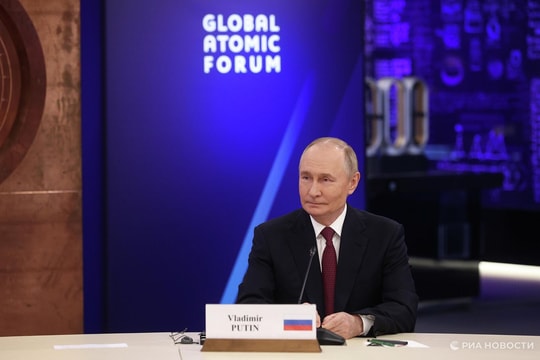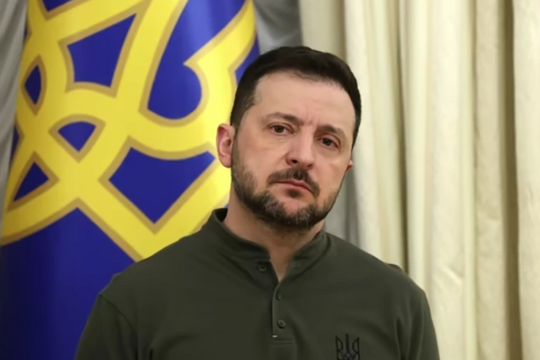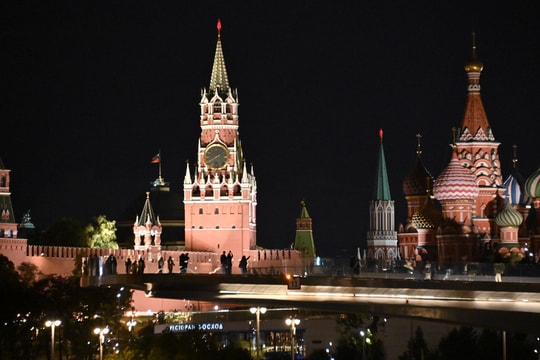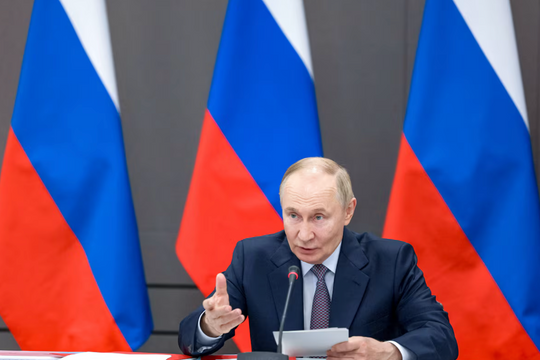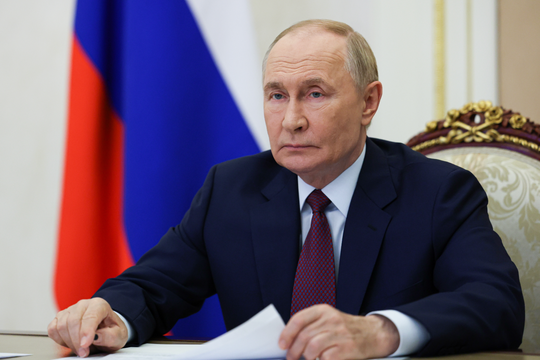Russia-NATO Council meeting shows signs of easing tensions
On January 12, the meeting of the NATO-Russia Council ended in Brussels after 4 hours of discussion. The statement issued by NATO Secretary General Jens Stoltenberg on the results of the meeting showed signs of easing tensions from the bloc towards Russia.
Speaking at a press conference on the results of the meeting of the NATO-Russia Council after 2.5 years, NATO Secretary General Jens Stoltenberg said that NATO member states believe in dialogue with Russia, despite serious disagreements on the situation in Ukraine and European security issues, and want to restore the work of the parties' diplomatic representations. According to him, the discussion was not easy, but useful.
At the same time, both the Secretary General of the alliance and the First Deputy Secretary of State of the United States, Wendy Sherman, said that NATO refused to compromise on the admission of a number of countries, including Ukraine, into the alliance. Mr. Stoltenberg emphasized: “All allies are united by the main principle of the alliance: each country is free to choose its own path. Only Ukraine and the 30 NATO members can decide when Kiev is ready to become a member of the alliance. Russia does not have a veto on Ukraine's participation. The allies are ready to support Kiev on its path to NATO membership.”
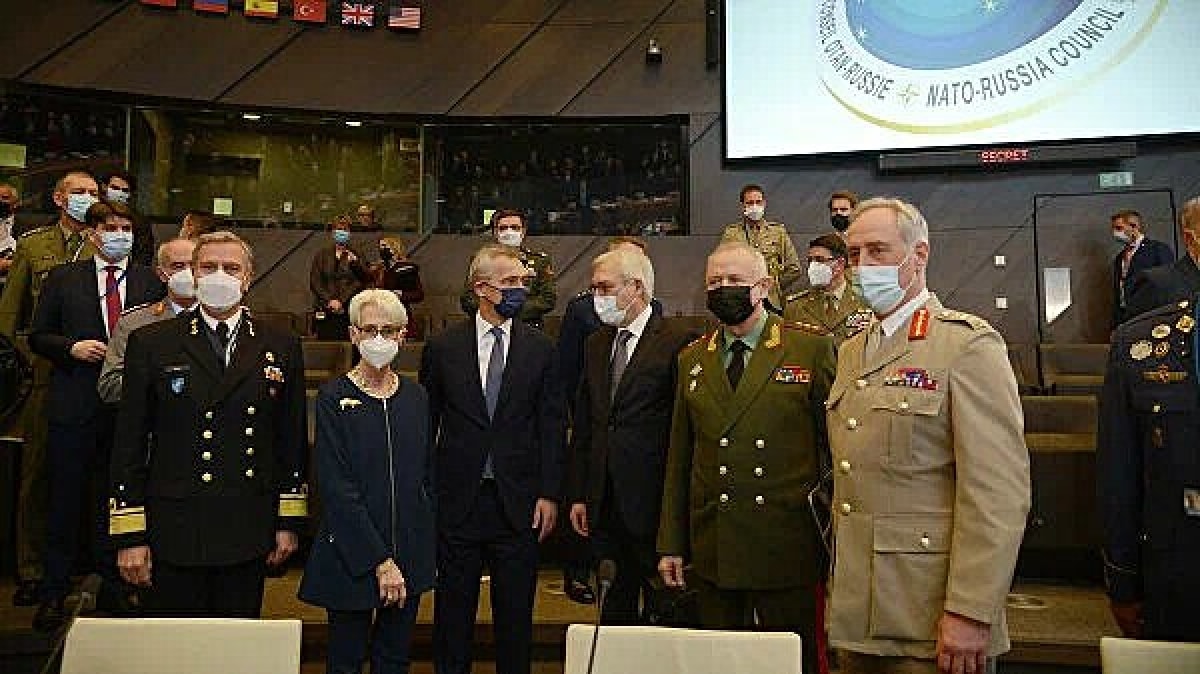 |
| Meeting of the Russia-NATO Council (Source: rianovosti) |
However, Secretary General Jens Stoltenberg said that NATO had proposed to Moscow that they hold a series of consultations to discuss issues and disagreements in detail, including agreeing on common and verifiable limits on missile weapons in Europe. NATO has also made clear to Russia its desire to reopen the alliance's mission in Moscow and Russia's mission in Brussels.
For his part, Russian Deputy Foreign Minister A. Grushko said that the meeting of the Russia-NATO Council was absolutely necessary, it helped to better understand the positions of the parties. According to him, "the talks were quite frank, direct, deep, rich, but at the same time revealed a large number of differences on fundamental issues." And one of the main problems is that NATO selectively understands the principle of indivisibility of security.
Commenting on the meeting of the NATO-Russia Council in Brussels, German political scientist Alexander Rahr noted: "One cannot expect feelings, significant changes in the position of one side or the other. There are Russian demands, they are on the table, they are put forward sharply and firmly." According to him, "it seems that NATO understands them, is aware of the seriousness of Russia's position, but cannot lose face and retreat from its principles."
So, in essence, the conflict over Ukraine’s accession to NATO remains. But the tone has changed a lot, the tone of the dialogue both in Brussels and in Geneva is no longer accusatory, it has become pragmatic. The expert believes that “the Russian side and NATO are ready to continue the dialogue not in a loud voice, but in a normal tone”. Russia has a chance to “achieve a new step forward” in its dialogue with the West.
This meeting of the Russia-NATO Council is the second in a series of talks on security assurances. The first was held in Geneva between delegations from the Russian Foreign Ministry and the US State Department, the third is scheduled for January 13 within the framework of the Organization for Security and Cooperation in Europe (OSCE)./.

